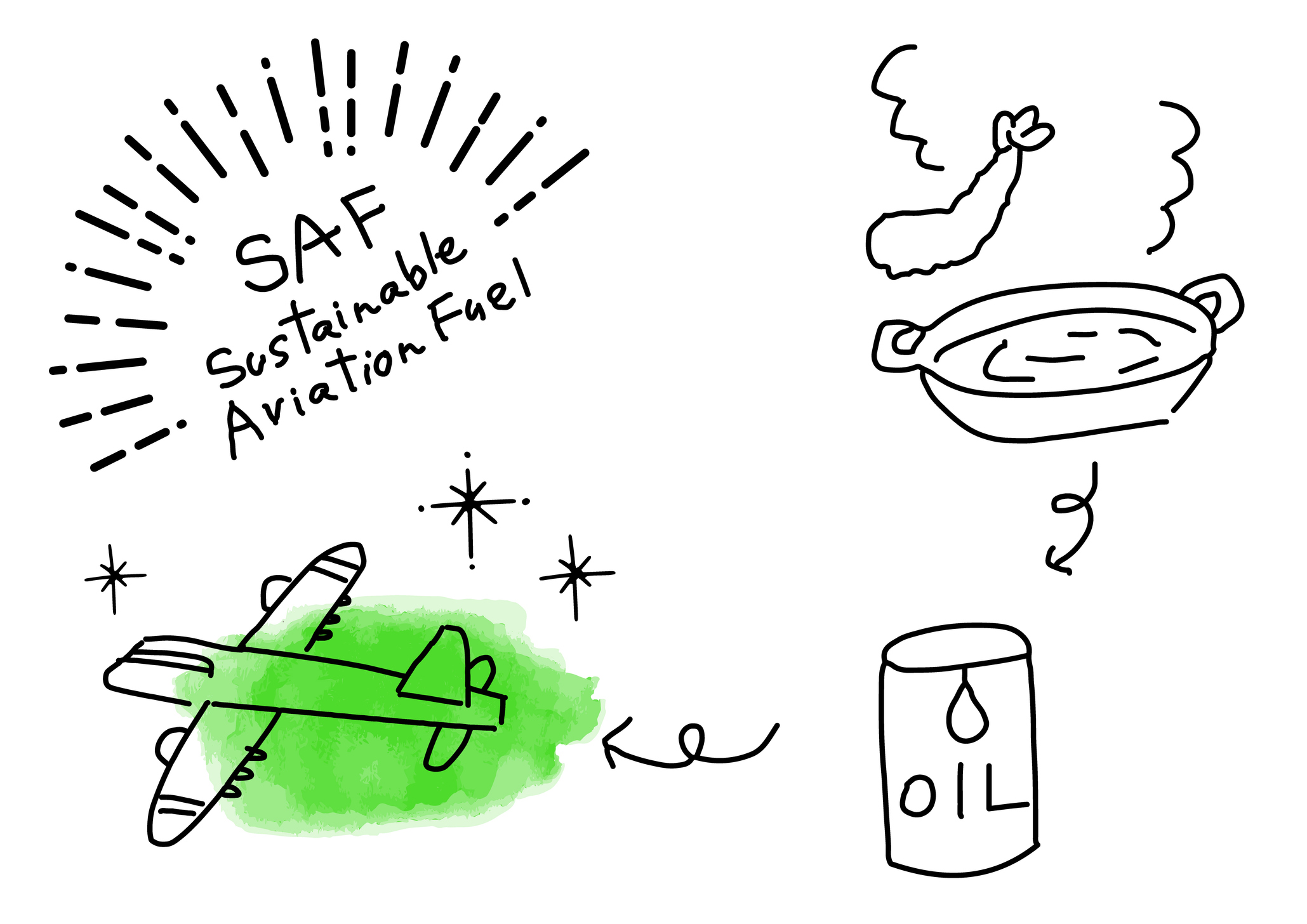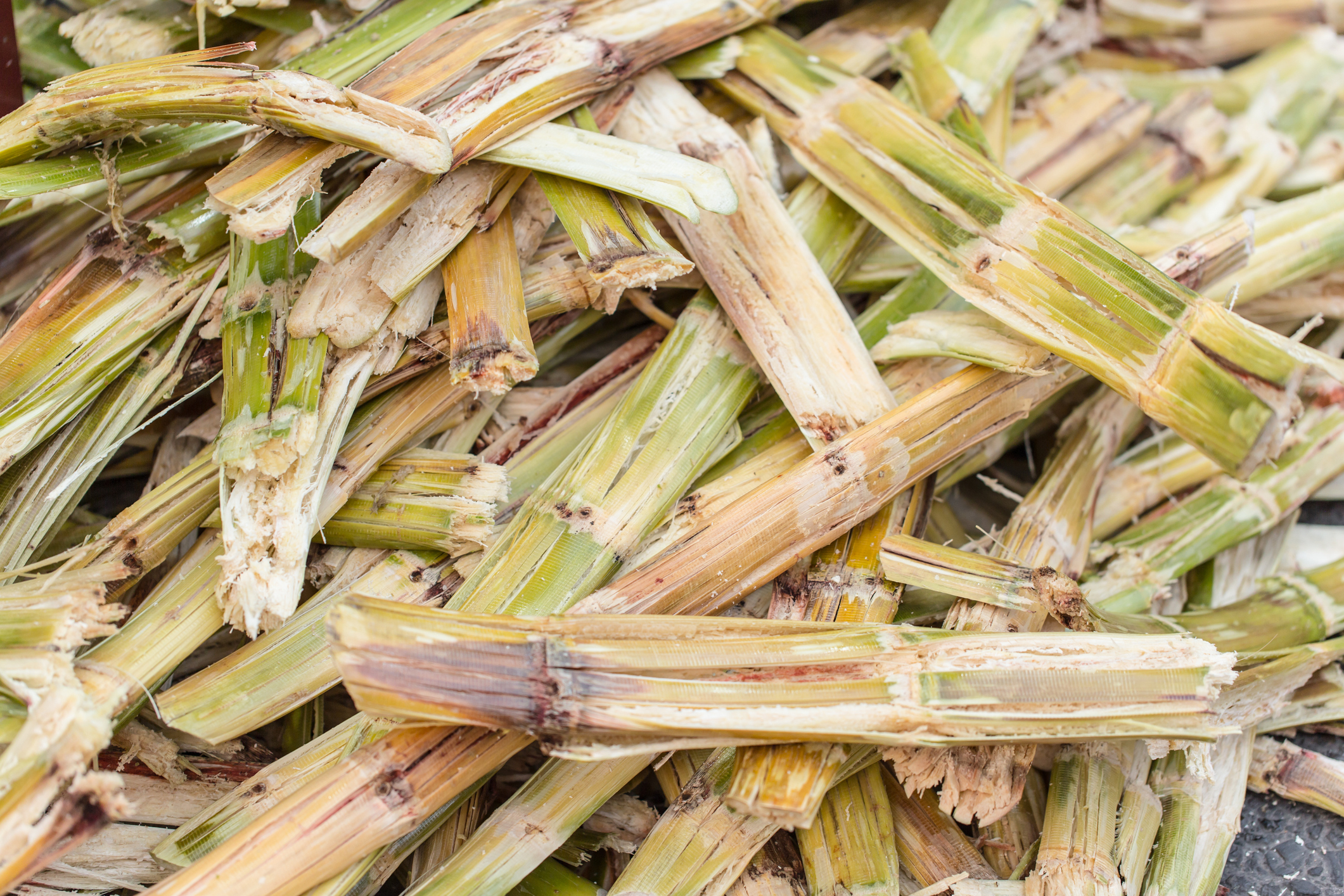As the global aviation industry seeks ways to reduce its environmental impact, Sustainable Aviation Fuel (SAF) has emerged as a promising solution. SAF offers a viable path to significantly cut carbon emissions from air travel, thereby contributing to global climate goals. In line with the International Civil Aviation Organization’s (ICAO) policy of achieving net-zero carbon emissions by 2050, Thailand is at the forefront of this green transition. This blog explores the current state, challenges, and the prospects of Thailand’s SAF initiative, highlighting how SAF not only reduces carbon emissions but also benefits other industries.
Current Status and Key Players in SAF Adoption
In the recent years, Thailand has made tremendous efforts in adopting SAF. Local airlines and airports have started to incorporate SAF into their operations, demonstrating their commitment to sustainability. For example, a major airline has already conducted several successful SAF test flights to showcase the feasibility and safety of this alternative selection of fuel. Several airlines are set to follow the trend by scheduling their SAF test flights within the premise of this year. Moreover, major airports and authorities have begun their project to incorporate SAF into their fuel supply chains, setting a precedent for others to follow.
Thailand’s local production capabilities are also worth to be looking at. With the growing interest in SAF, the country has invested in building infrastructure to support SAF production, both from the government and the private sector, focusing on levering domestic resources. Thailand’s rich agricultural provides a plentiful supply of feedstocks, such as used cooking oil and agricultural residues, which are essential for producing SAF. Major companies in the energy sectors are also play important roles in the production of SAF, with the cooperation of one of the biggest aviation fuel services companies, they aim to start the production of SAF to be at 1,000,000 Liters per day mainly form used cooking oil, beginning at
the fourth quarter of 2024 for the global use in the aviation industry.

Government and aviation sector cooperation must be strong for Thailand’s SAF effort to succeed. The Thai government will have to collaborate extensively with airlines, fuel companies, and other stakeholders to create a favourable climate for SAF adoption. This includes creating supportive legislation, providing financial incentives, and facilitating R&D. Key airlines have played an important role in furthering the SAF agenda. By investing in SAF and participating in trial programs, these carriers have shown their viability and encouraged greater industry participation. Furthermore, international cooperation has been crucial in Thailand’s SAF path. The country has formed various partnerships and agreements with international organizations to encourage, participates in an international aviation organization’s carbon offsetting and reduction plan, which promotes the use of SAF to reach emissions reduction targets.
Moreover, the Civil Aviation Authority of Thailand (CAAT) is positioned as a pivotal actor in driving forward and endorsing the new policy initiatives surrounding Sustainable Aviation Fuel (SAF). As Thailand advances its commitment to sustainability in aviation, CAAT’s proactive role becomes increasingly vital. They are tasked with not only advocating for SAF adoption but also with establishing robust regulatory frameworks that uphold international standards.
Broader Benefits of SAF: Beyond Carbon Emissions
One of the most compelling aspects of SAF is its potential to benefit industries beyond aviation, particularly in agricultural sectors. By utilizing agricultural residue and non-food crops as feedstocks for SAF production, the initiative supports the agricultural sector in several ways:
Boosting the Agricultural Economy
 The additional revenue stream for local farmers could be generated by selling agricultural residues which would otherwise be considered waste, such as rice straw and sugarcane bagasse. This could significantly enhance the livelihoods of local farmers and remarkably contribute to the rural economy. Moreover, new opportunities and markets may arise for the farmers by cultivating energy crops specifically for SAF production.
The additional revenue stream for local farmers could be generated by selling agricultural residues which would otherwise be considered waste, such as rice straw and sugarcane bagasse. This could significantly enhance the livelihoods of local farmers and remarkably contribute to the rural economy. Moreover, new opportunities and markets may arise for the farmers by cultivating energy crops specifically for SAF production.
Enhancing Waste Management
SAF not only benefits the agricultural sector in terms of economic growth, but also helps the sector to promote better waste management techniques and practices by converting agricultural waste into valuable fuel. This not only reduces the environmental impact of agricultural waste disposal but also contributes to a circular economy where waste materials are repurposed and reused efficiently.
Challenge and Future Prospects
One of the primary challenges in SAF adoption is its economic viability. Currently, SAF is more expensive to produce than conventional jet fuel, primarily due to the high costs of feedstocks and production processes. This price disparity poses a significant barrier to widespread SAF adoption.
However, the Thai government has implemented various measures to address this challenge. Financial incentives, subsidies, and tax breaks are being offered to airlines that use SAF, helping to offset the higher costs. Additionally, continued investment in research and development is expected to drive down production costs over time, making SAF more economically competitive.
A critical development is the draft version of an act of legislation that is in place and expected to be approved by the Thai parliament by the middle of this year. This legislation aims to solidify the government’s commitment to SAF and provide a legal framework that supports its adoption and production. It is expected to include measures such as mandatory blending quotas, tax incentives, and subsidies, which will make SAF more competitive and attractive to investors.

CAAT’s active involvement ensures that the SAF initiatives align with global best practices and regulatory requirements. This includes overseeing the safety, quality, and operational standards of SAF production, distribution, and usage within Thailand’s aviation sector. By setting clear guidelines and standards, CAAT aims to instil confidence in SAF among stakeholders, including airlines, airports, and fuel suppliers. Furthermore, CAAT will be collaborating closely with government bodies and industry stakeholders to harmonize SAF policies with global aviation standards and environmental goals. Their efforts extend beyond regulatory oversight to fostering partnerships that promote research, innovation and the development of sustainable aviation solutions.
Looking ahead, continued policy support and incentives will be crucial for the growth of the SAF market in Thailand. The Thai government is committed to creating an enabling environment for SAF adoption, with plans to introduce more supportive policies and increase financial incentives. These measures are expected to drive greater investment in SAF production and adoption, helping Thailand achieve its sustainability goals. By fostering a conducive policy environment, Thailand can attract more players to the SAF market and ensure its long-term viability.
Takeaways
Thailand’s SAF initiative represents a bold and proactive step towards sustainable aviation. By integrating government support, industry collaboration, and technological innovation, Thailand is paving the way for greener skies. The challenges are significant, but the opportunities are even greater. Continued efforts to promote SAF adoption will not only help Thailand achieve its sustainability goals but also position the country as a leader in the global transition to sustainable aviation. Moreover, the broader benefits to industries such as agriculture highlight the multi-faceted advantages of the SAF initiative, fostering a more sustainable and economically vibrant future.
At To70 Thailand, we are proud to be at the forefront of SAF initiatives in the country. Our team is actively involved in various projects and research efforts to explore and maximize the opportunities presented by SAF in Thailand’s aviation sector. Through our expertise and commitment, we are dedicated to driving forward the adoption and development of sustainable aviation fuels, contributing to a greener and more sustainable future for Thailand.

ABOUT THE AUTHOR
Phudit Aungwanich
Joined To70 Thailand as a junior aviation consultant in 2024. Graduating with Bachelor of Engineering in Aerospace Engineering from Chulalongkorn University, Thailand. He was involved mainly in projects on software implementation.
Check out our open vacancies around the globe!

